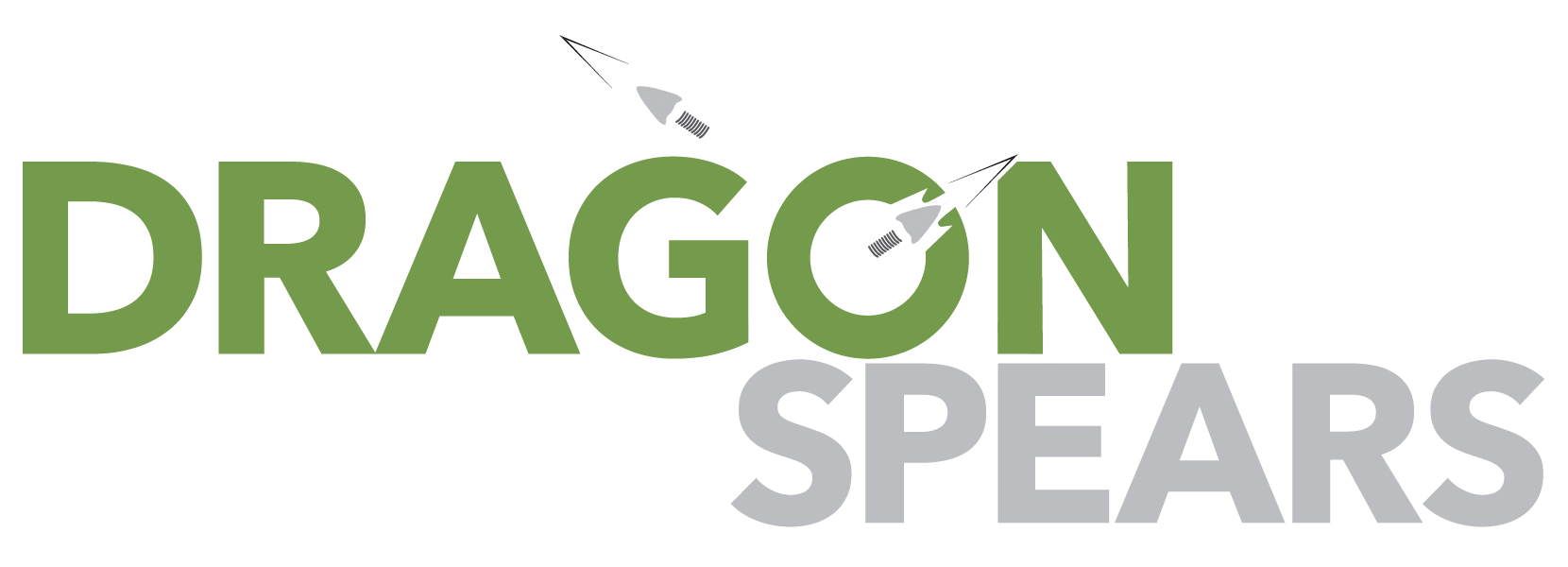
A software project manager and consultant’s goal is to finish client projects on time and within budget. Without clearly defining and managing project scope, that goal is largely unattainable. Here are three proven tips to keep your project on the right trajectory from kick-off to close.
1. Clearly Define and Document the Project Scope
A well-defined project scope provides the roadmap to meet client needs and objectives. It helps uncover potential risks, solidifies what will be covered in the project, and outlines what everyone has agreed to, including:
- Goals
- Deliverables
- Requirements
- Risks
- Deadlines
Acceptance criteria and test cases should also be well-defined as the project moves forward.
Document project scope by building a backlog of stories, tasks, sub-tasks and any other items that help identify and complete features or improvements throughout the project. This will give you an initial picture of what the developers will be working on and can be added to over time.
2. Proactively Manage Software Project Scope
Proper software project management prevents scope creep from getting you off track, missing critical deadlines, or reducing profitability. Have regular backlog grooming and planning sessions to:
- Gather requirements
- Assess risk
- Prioritize items in the backlog
- Flush out what’s out of scope.
If you do find out of scope items, let the client know that you can either do a change order or save it in the backlog for a second phase. A change order outlines additional time and money constraints required to complete the extra work. Proactively managing the scope keeps changes accounted for, as well as stay within budget and timeline.
3. Communicate Scope to Clients
The ramifications of adding out of scope items into a project aren’t always obvious. Additional features are often costly and time-consuming and will risk your project’s budget and timeline. Addressing this with clients will help them understand why certain items are put in the backlog for a phase II or why change orders are created.
Communicating software project scope with your clients also ensures that expectations are aligned. Everyone will have a clear understanding of what should be delivered at the end of the project, and client requests can be prioritized accordingly.
Keep clients up-to-date on everything project-related by using weekly status reports. These should clarify and reiterate budget spent, priorities and blockers, and will empower clients to make informed decisions.
If your software projects are missing deadlines or going over budget,  to brainstorm ideas to keep your project on track.
to brainstorm ideas to keep your project on track.

